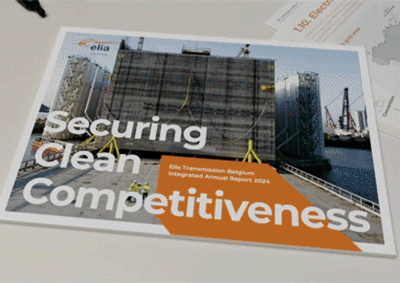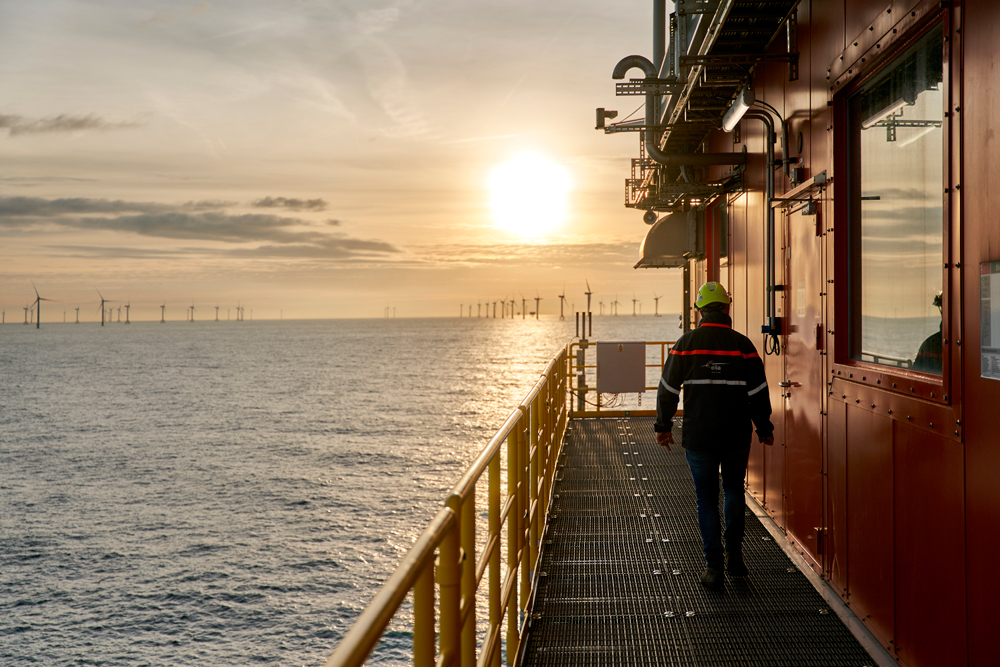Our vision & mission
Four major trends that are shaping the future of the energy sector
Fulfilling our mission will not be without its challenges, since the energy landscape is undergoing a fundamental transformation. Important shifts - social, political, economic and technological - are underway, leading to the identification of four relevant megatrends.The decarbonisation of society
This trend, triggered by social and political objectives to counter climate change, is being driven forward by the integration of increasing amounts of renewables into the energy system and the spread of electrification across society. Under the European Climate Law, which entered into force in July 2021, all member states are bound to take necessary measures at EU and national levels to meet the target of reaching net zero greenhouse gas emissions by 2050.
The decentralisation of electricity generation
and new players
In line with the decarbonisation of society, the move towards more dispersed, smaller and local generation sources - which are mainly connected to lower voltage grids - will likely persist, even though larger renewable installations such as offshore wind farms are also set to play a major role in the future system. Prosumers will continue to emerge, empowered by digital technologies that allow them to adopt a more prominent role in the energy system. New technologies, increasing electrification and sector coupling will also stimulate the emergence of new players, such as service providers targeting end consumers.
Supranational coordination
This trend is largely a consequence of the first two trends . The increasing share occupied by renewables in the energy mix, the move towards more decentralised generation sources with a much higher number of players, and the coupling of the electricity sector with other sectors such as gas, heating or mobility, are making the behaviour of the power system more variable and complex. Given the already high degree of interconnectedness and integration of the European power system and markets, responding to these challenges often requires a supranational approach. This approach can occur across European regions, such as through Regional Security Coordination Initiatives, or across the entire continent. It allows complementary regions to benefit from each other, ensuring that demand and supply for renewable energy can be matched, and provides European citizens and industry with a more cost-efficient and resilient power system.
The digital transformation
The digital transformation, and the digitalisation of the energy sector specifically, is well underway: new technologies (such as electric vehicles, home batteries and heat pumps) are rapidly changing the way we produce, transport and consume electricity. This is accelerating our transition to clean energy, enabling market players to offer consumers services that they want whilst delivering the benefits of the energy transition to them. In addition, system operators are better able to manage low-carbon energy systems thanks to the increasing contribution of distributed consumer flexibility. New digital developments such as big data, cloud computing, artificial intelligence (AI) and blockchain are already commonly used across our sector.
Read more about our mission statement in our annual report

Annual integrated report
18 April 2025


